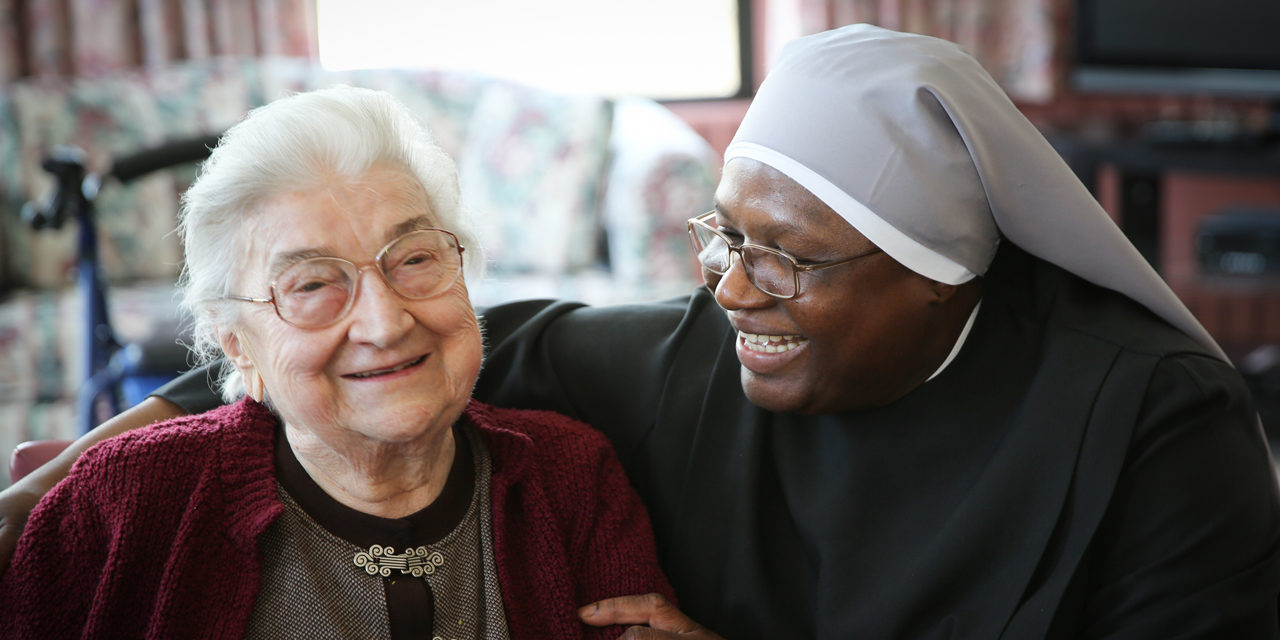The Daily Citizen’s Bruce Hausknecht has been faithfully and insightfully tracking the story of the current Supreme Court case involving a group of quiet, humble, no-trouble-making Catholic nuns who labor under the name The Little Sisters of the Poor. These ladies are fighting against the United States’ federal government demand that they pay for birth-control for their employees under threat of being fined $100 a day for each employee. Of course, these women have a deep faith conviction that prohibits them from providing any form of birth control. This is like the government forcing Jewish Social Services to provide bacon or porkchops for their employees, a total affront to their faith. So, these feisty women have taken their case, literally, “all the way to the Supreme Court” which heard oral arguments on their case May 7, 2020.
But who are these ladies and what do they do?
The Little Sisters of the Poor are an international congregation of nuns serving the elderly poor in the name of Jesus across 30 countries. They have been faithfully doing so since 1839. As the Sisters explain, “We serve the elderly day and night, striving to meet their physical needs, to make them happy and to minister to them spiritually.” Today, they are serving over 13,000 elderly around the globe in this way. They do this through what they describe as “Family Spirit, a spirit of joyful hospitality embracing all with open arms…”
The “little” in their name doesn’t refer to their physical stature, but their spiritual one. It comes from their discipleship in Jesus Christ. Since their founding, their daily work and calling is simply to do little things for the elderly poor at the end of life in little ways of quiet humility, compassion and hospitality. It stems directly from their conviction that all of life is sacred, from conception to natural death. As their founder, Jeanne Jugan, was famous for saying to her fellow nuns and the communities they served, “Little, be very little. Be little for God” and their rally call is “Blessed be God.” They may be little, but their work is extremely large in its reach, importance, and impact.
Our federal government should take their heavy hand off these women and let them do their work. They are significantly reducing necessary work that would ordinarily fall to the overwhelmed social service system of both state and federal government.
Related Article:
Little Sisters of the Poor and Religious Conscience Calling; Supreme Court Hears Arguments by Phone
Photo from Becket Law






